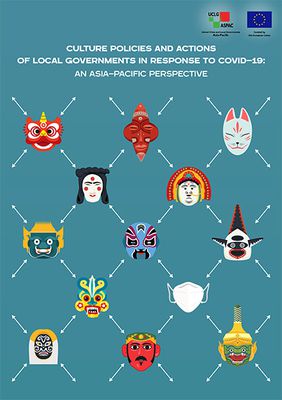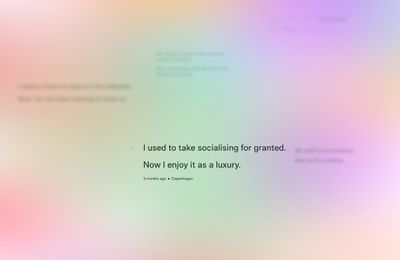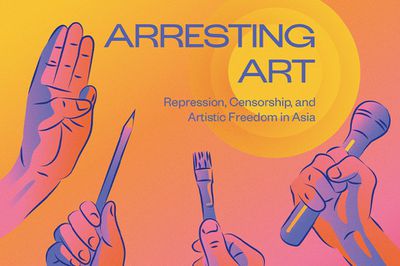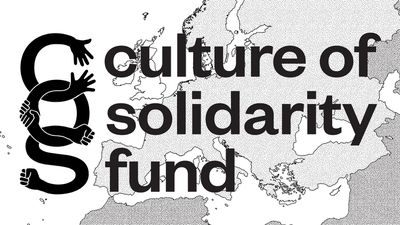posted on
Agenda 21 for Culture - resources on the cultural mobilisation of cities and local governments

The Culture 21 UCLG Committee has published a list of resources documenting the cultural mobilization of cities and local governments around the world in the COVID-19 crisis. #CULTUREcovid19
The humanity is facing an enormous challenge. The COVID-19 crisis has an impact in all dimensions of our lives: the public health, the labour systems, the social interaction, the political debate, the use of public spaces, the economy, the environment, and the cultural life.
COVID-19 is hitting the cultural life of our communities very severely. Libraries, memorials, community centres, museums and all cultural venues are closing… Performances, festivals, parades, carnivals and intangible heritage events are cancelled. Workers in the sectors, who are often in an already precarious situation (self-employed, freelancers) may be left for months without any income. The active involvement of all in the cultural life of the community is very damaged by COVID-19, and so is the welfare and the quality of our democracies.
This page is updated periodically by the UCLG Culture Committee. We will use Twitter to share this page, using the tag #CultureCOVID-19
This page is part of the "Live Learning Experience: beyond the immediate response to the outbreak", developed by UCLG.
The content also looks to the future:
New plays, books, music, dances, games… will appear. New rituals and festivals will have to be invented to celebrate human life, and to mourn those who last it.
During the crisis, in confinement, instead of social distancing we should practice physical distancing and social solidarity. Let us also take the moment to stop and reflect, as our friends of Culture Action Europe have suggested, and herewith we adapt and reproduce:
In what world do we want to live in after the crisis is over? Are we ready to rethink our collective and individual aspirations regarding our communities and our common goods? Are we ready to take actions to tackle climate change together and to recognise culture’s fundamental role in fair development? Will we be ready to address social inequalities, place welfare at the centre and put solidarity above the immediate economic gains?
Instead of going back to business as usual, will we all have the courage to implement drastic systemic changes? If we manage to do it, we will come out of this crisis more united, stronger human beings sharing a truly sustainable 2030 Agenda.
This global crisis proves the need to multiply exponentially the collaboration of all governments as it shows us our interdependence. In these difficult times, the cultural actors (“we”) should promote, more than ever, commitment to the cultural rights of all, and act together so that these rights are protected, promoted, guaranteed and fulfilled.
Similar content
posted on
posted on
posted on
posted on
posted on





